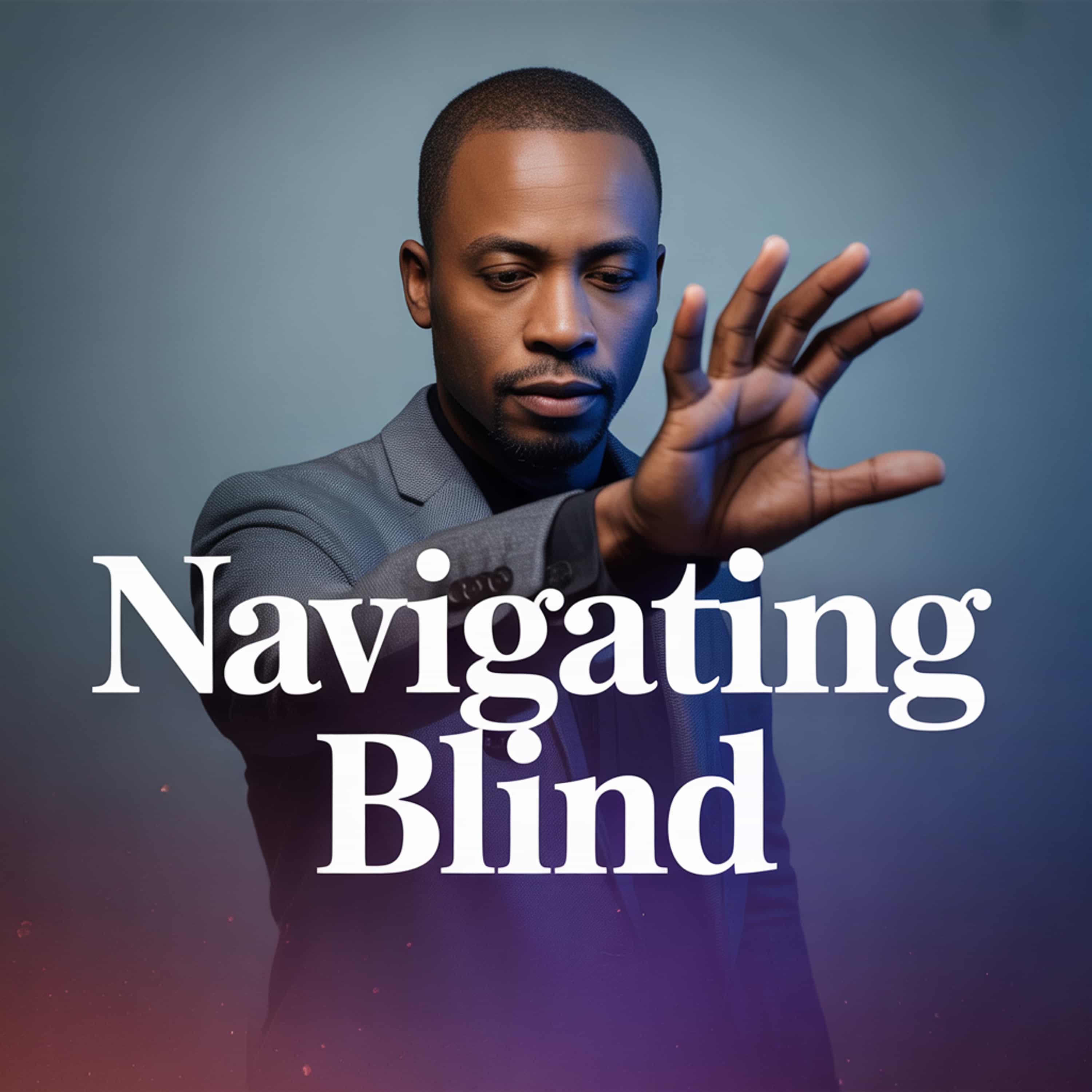8 - Be Your Own Best Friend
Chapter 1
The Breakthrough: Self-Love as Action
Toye Oyelese
Hi, I’m Dr. Toye Oyelese, and I want to take you into something practical that really saved my skin once or twice—okay, maybe a lot more—when I was much younger and, honestly, completely out of my depth. The idea is simple, but folks always ask: “Doc, be your own best friend? Isn’t that just self-love?” And, I get it, but honestly, it’s not the same thing.
Toye Oyelese
I want to set the record straight here: I’m not talking about self-love as, you know, that warm feeling about yourself, or looking in the mirror and thinking, “I’m amazing.” Nah. In fact, you can actually feel pretty rubbish about yourself and still look after yourself the way a good friend would. That was the big breakthrough for me. I realized, even if I was feeling worthless, I could act in my own best interest—just like I would for somebody I really cared about.
Toye Oyelese
Let me give you a picture—late 1987, I just got to Toronto. Picture a younger me, coat too thin for the winter, carrying around this hopelessness that felt heavier than two suitcases put together. I was working all sorts of odd jobs, honestly—security guard, then mixing chemicals in a factory, and even applied for this dishwasher gig two hours away by bus. Didn’t get it. Came home, and—maybe it’s embarrassing for a grown man—but, yeah, I cried. Who cared? Nobody, not out of cruelty, just because I was totally unknown, invisible.
Toye Oyelese
That’s, uh, the thing about big cities: you can feel like a grain of sand, utterly irrelevant. So I learned: I couldn’t wait until I felt better. If I wanted to survive, I had to act even while dragging that despair behind me. You know, practical steps: try again tomorrow, eat something, apply for another job. Not because I felt motivated, but because—even if I didn’t like myself much—I chose to take care of myself. That’s self-love as action.
Chapter 2
Feelings Inform, Actions Decide
Toye Oyelese
Now here’s the mistake most of us make—honestly, I used to make it, too. We say, “I was angry, so I yelled,” or, “I felt worthless, so I gave up.” Like feelings have a remote control for our actions. It’s not true. I mean, it seems automatic until you stop and ask, “Wait, who’s really in charge here?” Feelings are just information—like, they tell you the weather, but they don’t decide what you’re going to wear. Maybe that’s a terrible analogy, but you see what I mean.
Toye Oyelese
I started doing this thing, and it’s so simple you almost wanna dismiss it. Say you’re stuck. Instead of arguing with your fear—just ask: What would I tell my best friend to do in this mess? I promise, when it’s about a friend, you’re not tangled up in their feelings. You look at the facts: Alright, this is what’s logical, this is what helps. Now, the hard part: actually do that thing yourself, even if you feel down in the dumps. The real test is: before you act, ask, “Would my best friend want this for me?” If no, don’t do it—even if that’s all your feelings are screaming for. If yes, then do it, feelings be hanged.
Toye Oyelese
Folks sometimes push back, they say, “Doc, isn’t that cold though? What about how you feel?” I get that, and trust me, feelings matter—they’re like a compass, they tell me something important. But the compass doesn’t walk the trail for you. Feelings let you know there’s pain or risk or something to notice, but I get to choose my actions based on what actually gets me through the day, you know?
Chapter 3
Acting in Crisis: Nobody Is Coming to Save You
Toye Oyelese
Here’s the part that sounds harsh, but it was honestly one of the most freeing things I ever accepted: No one else is coming to rescue me. I mean, yeah, friends and help are great when you get them, but you can’t count on someone magically showing up every time you fall. In Toronto, there weren’t any safety nets for me. I was on my own. And the funny part—if you can call it funny—is that once I really got that, I stopped waiting for a savior and realized, alright, my own best friend is always here. That’s me. Even on the worst days, I could make choices for my own good. And, believe it or not, that was enough.
Toye Oyelese
Someone once asked, “How do you do it, doc, when you’re right in the storm? When emotions are a tidal wave?” That’s exactly when you need this tool the most. Crisis is not the time for complex emotional debates. It’s burning-building time. You gotta simplify: What would my best friend want me to do right this second? The answer is usually straightforward—get up, get out, apply for that next job, whatever. Take the action, save the feeling-processing for later, when you’re safe and the world’s stopped spinning.
Toye Oyelese
Alright, that’s where we’ll pause today. If there’s one thing to take away: survive first, then thrive. You’ve got the tools, even when it feels like you don’t. Next time, we’ll dig into something I call the internal bank of self-worth. Take care, and remember, your own best friend is always right here—no appointment necessary.
